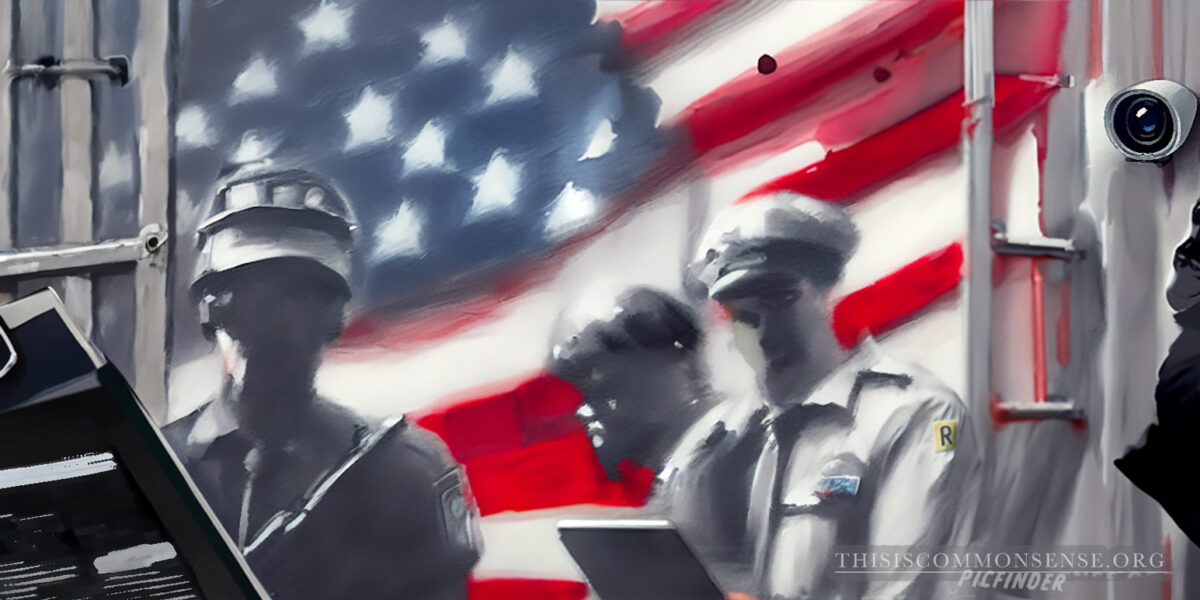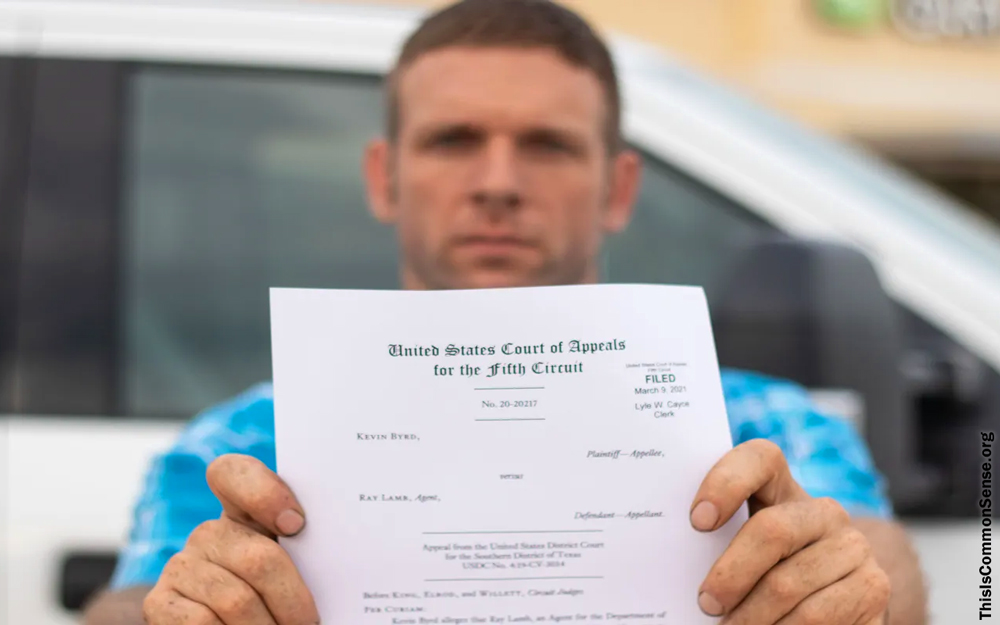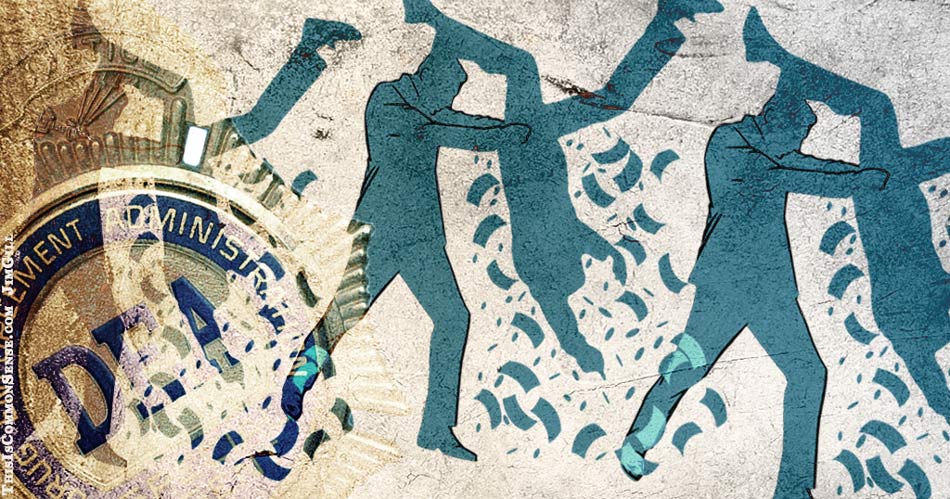“Oops. Sorry about almost sending you away for 115 years. Case of mistaken identity and dishonest testimony.”
But Bryan Montiea Wilson did not get even a “sorry” from the Bureau of Alcohol, Tobacco, Firearms and Explosives (ATF) or local
Wilson, who works for a railroad equipment manufacturer, had never been arrested when ATF agents nabbed him in December 2023. Accused of gun and drug sales to local police officers said to be working with the ATF, Wilson could only repeatedly assert his innocence.
His looming punishment included up to 115 years in prison and millions in fines. Then, suddenly, he
How did Wilson wind up being falsely accused? The Truth About Guns site reports that prosecutors realized their blunder after his court-appointed lawyer investigated. But an uninformative request to dismiss the case is all ATF offered.
“Further review … reveals that the interests of justice would best be served by a dismissal of the pending charges as opposed to further prosecution.… The Government respectfully requests that the Court dismiss the pending charges against defendant Bryan Montiea Wilson.”
I guess we can thank the prosecutors for mentioning “justice.” But there should at least be an accounting in such cases; and this accounting, plus further consequences, should
“Something got messed up and they landed on me,” Wilson says. “I don’t know how this happened, but it can’t happen again. It shouldn’t
Wilson has filed a federal civil
This is Common Sense. I’m
Illustration created with PicFinder and Firefly
See all recent commentary
(simplified and organized)
See recent popular posts














